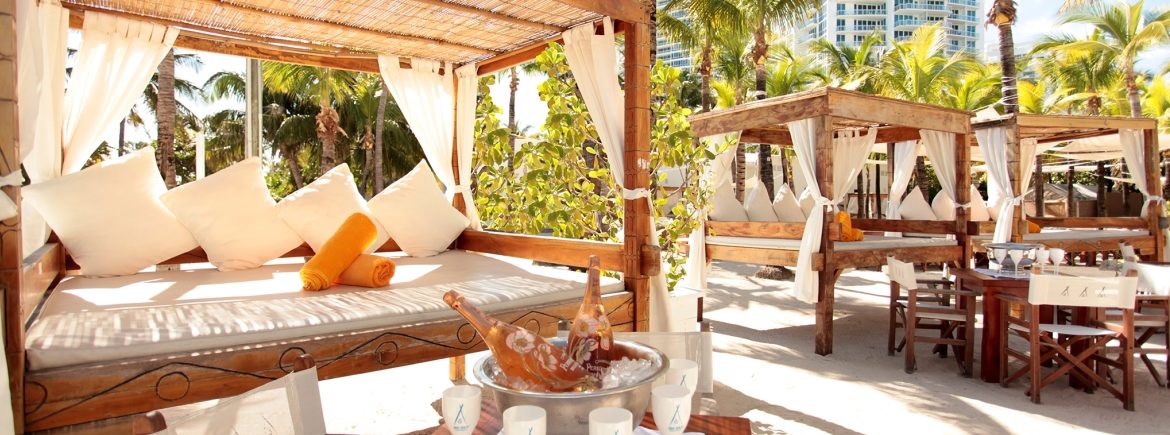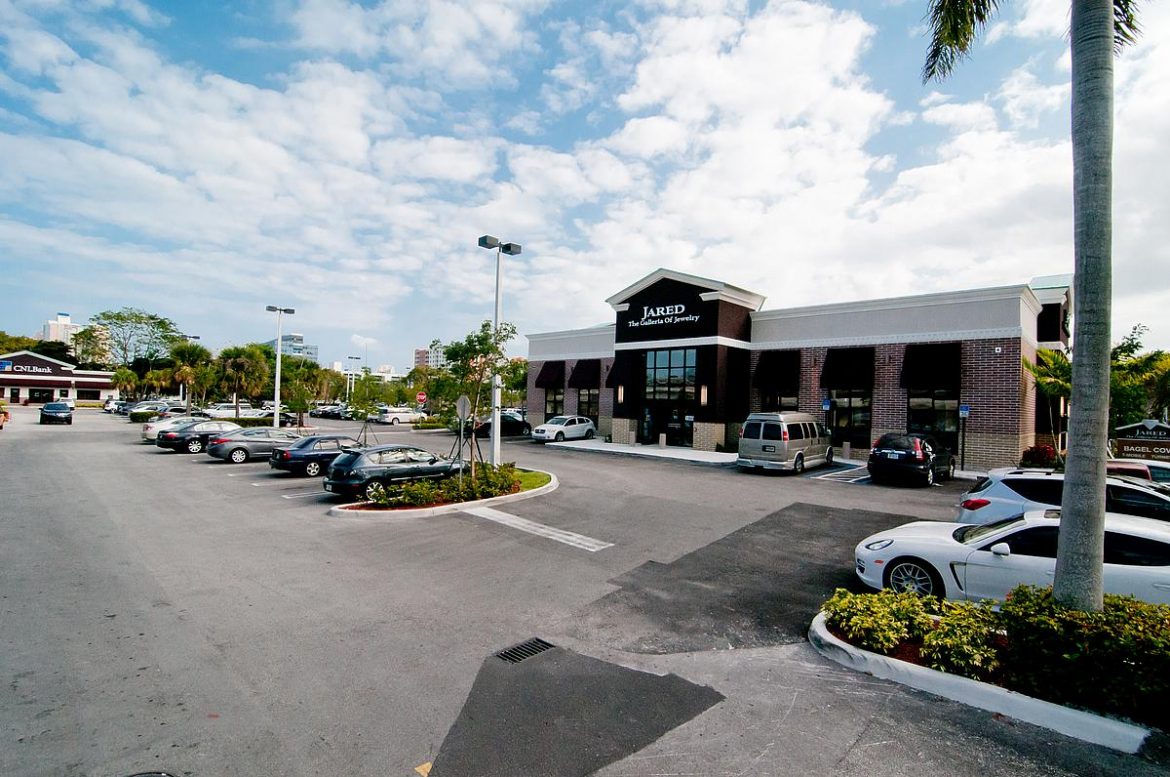
Furniture retailer RH, formerly known as Restoration Hardware, has proposed a development that’s set to cost at least $150 million to replace the famed Nikki Beach day club in Miami Beach.
The property, at 1 Ocean Drive in South Beach’s ritzy South of Fifth neighborhood, covers 4.1 acres. Married couple Lucia and Jack Penrod have leased the two-story building on the oceanfront site from the City of Miami Beach since the 1980s, first operating it as a club called Penrod and since 1998 as Nikki Beach, which has become an international brand.
But in recent months, Nikki Beach owners and Miami Beach officials have been feuding. Some objections stem from noise complaints coming from the day club. More broadly, the municipal government is trying to rein in Miami Beach’s party image.
Earlier this year, the city’s commission awarded the 30-year lease to Boucher Brothers, a company that has a contract with Miami Beach to provide beach concessions, and to hospitality powerhouse Major Food Group, the operator of celebrity hotspot Carbone. The deal would begin in 2026 when the Penrods’ deal expires.
In response, Nikki Beach owners sued the city, accusing it of executing a “backroom deal.” The suit prompted officials to open up the bidding process, and three other groups — Akerman, Tao Group Hospitality, and RH — submitted proposals, which officials will hear privately. The Penrods missed the deadline to put forth an offer by 15 minutes.
So far, only RH has made its plan public through a press release. Under the proposal, the California-based furniture retailer would construct two low-rise buildings whose footprints would cover 0.6 acres; create a 17,000-square-foot public sculpture garden; and replace the 77,000-square-foot surface parking lot with a 94,000-square-foot subterranean parking structure.
RH estimates the development will cost between $150 million to $170 million. The company is seeking a 30-year lease term with a starting base rent of $7 million, increasing at a minimum of 3 percent annually, resulting in an average base rent of $11 million, equating to $333 million over the term of the agreement.
Source: Commercial Observer

